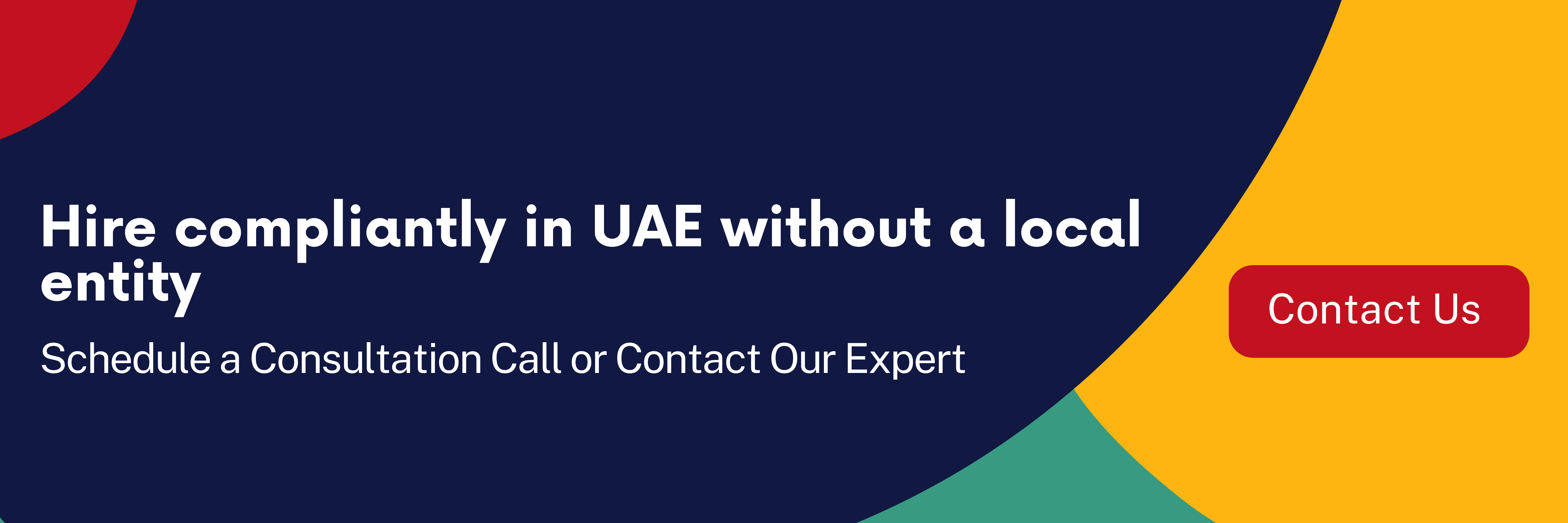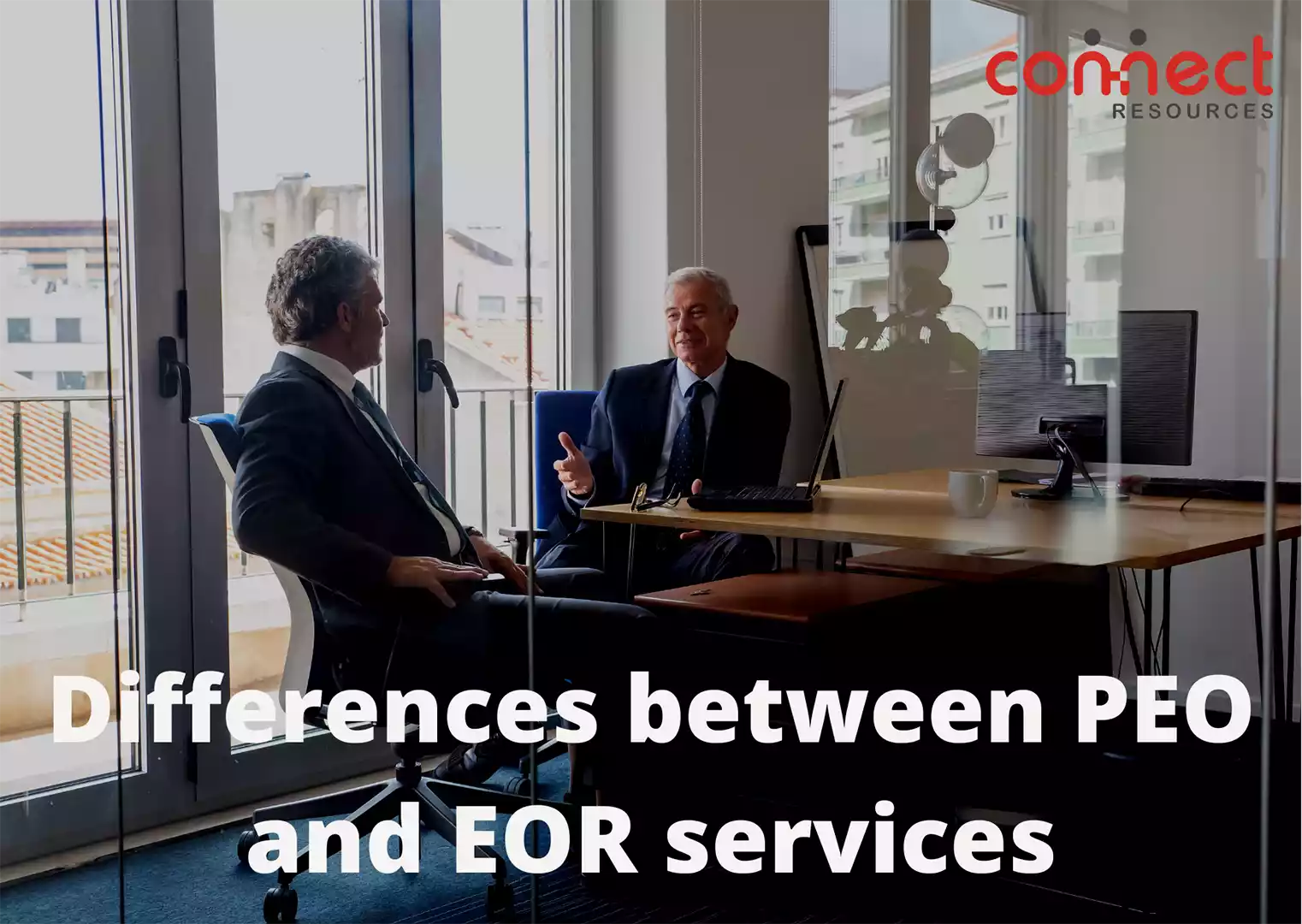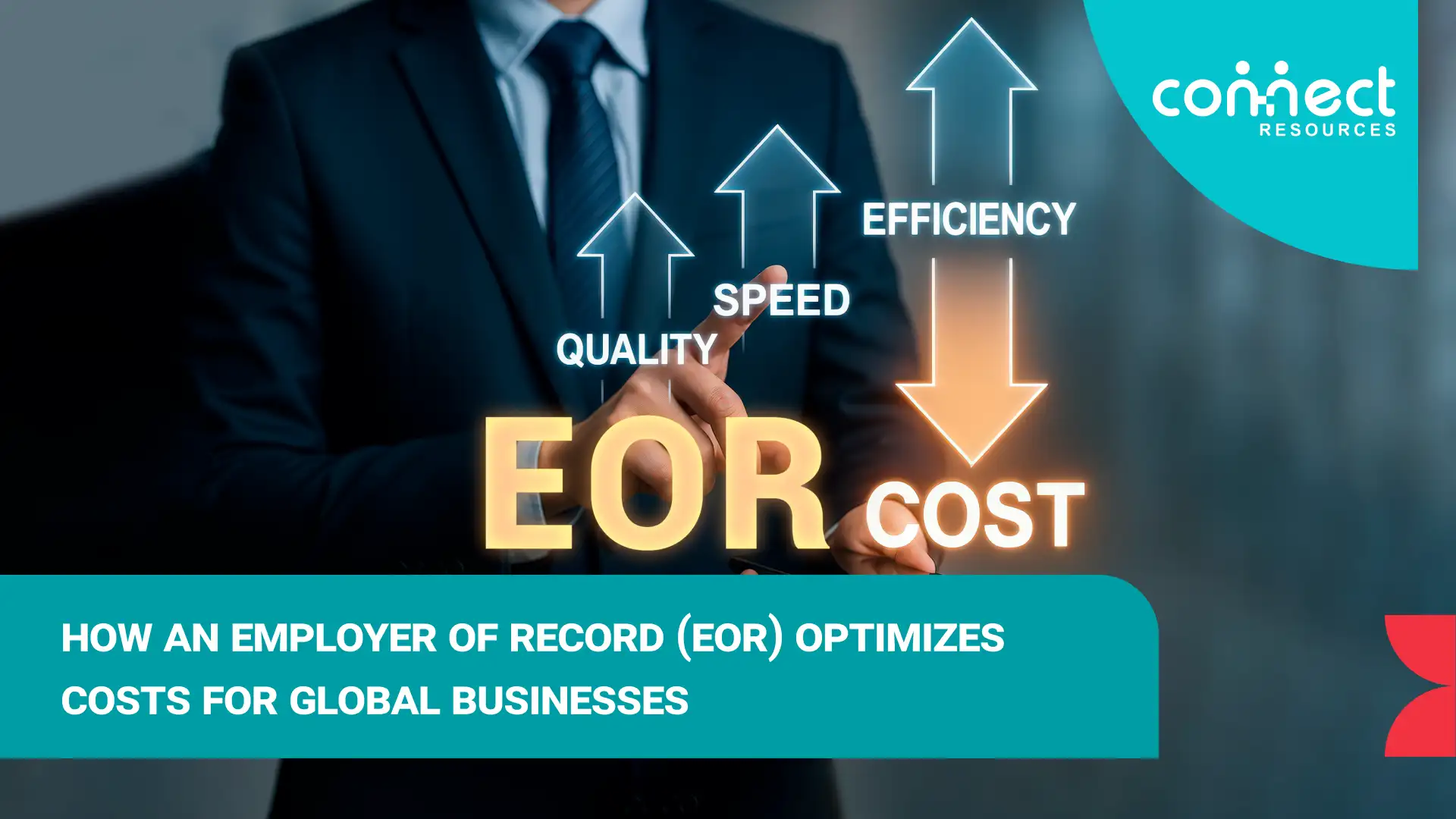With the growth of a company, its members may be affected by the administration that receives the payroll, or they can’t have the opportunity to benefit from the presence of new members, or they don’t have necessary expert training to keep up with frequent changes in regulations, apart from many challenges you face in the human resources department. This situation creates a favorable environment for the emergence of the Professional Organization of Employers (PEO).
PEO is an organization that works in conjunction with small and medium-sized companies to provide comprehensive human resource services, such as: processing payroll, managing employee benefits, enforcing regulations, filing taxes, obtaining and training employees, and much more. In essence, PEO operates as an organization’s external human resources department, providing relevant services that the company may not be able to achieve on its own.
How PEO performs the co-employ function?
A PEO can make offers with their respective costs since they are co-employers with the companies that hire them. This company-company partnership makes it possible for PEOs to acquire greater duties from their contractor than could be obtained through different forms of external human resources.
Being co-employers allows PEOs to bring together workers from different smaller companies to provide services and benefits at the same level as a larger company. What makes better costs possible is health insurance, compensating the employed and unemployed at the state level in the USA, and similar prices but at the international level.
As an associate, the PEO can handle many risks in complicity with its employer, in other words, it can ensure that when a worker is fired, he or she has sound legal reasons and Differences between PEO and Employer of record services where PEO contributes to providing solutions and can protect any company that may face a lawsuit from one or more employees.
On the other hand, those who provide the payrolls don’t co-employ, but provide a service independently. Although they are responsible for making the payroll and declaring government taxes on behalf of clients, the workers of said clients won’t become part of the personnel that provides the services, and that’s why they don’t run the same risk as PEOs. They work in representation of the clientele to provide greater efficiency in human resources systems.
What role does a company have when hiring a PEO?
When partnering with a PEO, a company continues to control its activities and the duties of its staff, while the PEO is responsible for the duties of the employing company associated with its human resources department, such as, for example, payrolls, benefits, remittances, taxes, all of which would be detailed within the service contract.
Given the worker’s point of view, they will usually only note the PEO name on their checks and in all documents associated with human resources.
How do PEOs benefit and Differences between PEO and EOR services?
Not all PEOs are the same when it comes to the benefits they provide and the offerings they make to meet customer needs. PEOs usually make the following offers:
- Benefit workers with a greater range of variety and quality of services than a smaller or medium company can obtain on their own, starting with medical and dental services until they adopt and attend educationally.
- Make employee nominations and ensure compliance, keep records up to date.
- Manage compensation for employees (only in the USA).
- Ensure that, with the help of experts, the updating of frequently changed labor standards and requirements is complied with.
- Provide support to all personnel of the human resources department of a certain company who have requested a range of services, which implies managing the duties of the employer, reducing risks, assisting dismissed employees, managing family licenses, medical service, organ donors and others.
- Train and contribute to staff development.
- Find and hire employees.
- Take charge of the planning of the human resources department, which has to look for talent and HR expenses.
- Obviously PEOs offer many advantages, but customers choose only what they need, resulting in a decrease in the cost of the PEO service.
- Representation of the clientele to provide greater efficiency in human resources systems.
What are the disadvantages of hiring a PEO?
Certainly hiring a PEO has multiple benefits, but it’s also necessary to know Differences between PEO and EOR services to consider that it carries certain drawbacks, related to:
- Control is lost; Company workers may be satisfied with their current service provider, and PEO may want to change the plan. If this is the case, there’s little else the company can do because the PEO is in full control and can make those decisions.
- Changes can occur at any time; PEO has the power to transfer the company to a higher risk position, resulting in the rates of the services provided by PEO becoming higher at any time.
- Cash flow could have unwanted drawbacks; Perhaps the PEO can unexpectedly demand advance payment for its services, and temporarily leave the company’s cash desk unreserved.
- The financial part may face certain risks; As the PEO exercises employer functions within the company, it’s not exempt from the corresponding legal duties. Such as receiving lawsuits and sanctions for claims and complaints from the unemployed. Even if the company were audited, it would also not escape possible fines, even if it’s associated with a PEO.
Can an EOR be considered as a possible alternative to a PEO?
PEO vs EOR
Perhaps a company doesn’t want to have an external HR department or contract to make it a co-employer, linking up with another company promoting services similar to that of a PEO. However, the EOR becomes the full legal responsible for employing others, and doesn’t become a co-employer, as is the case with the PEO, of the company’s payroll employees, it also administers said payroll, taxes, ensures that the payroll is met, manages benefits, when an unemployment claim is reported, and tasks similar to these.
This difference is very important especially if the company extends its horizons to other states in the USA or to other countries, since the company’s rules and regulations increase in complexity so that those companies that cross the limits of a nation’s border.
If an organization contracts with a PEO it should reaffirm its position in each of the states where it has people hired under its charge. On the other hand, if the EOR hired by a company is already exercising functions in those different states, the employing company may include legally to all those employees through the EOR, since it doesn’t have any co-employer duties.
Someone may have a desire to cook dinner, and it may turn out to be bad. But you can also hire a professional chef to prepare dinner for you and guarantee you a good quality meal. Likewise, a PEO can adopt almost all the responsibilities of HR and place all the employees on its payroll, it will also be in charge of incorporating, firing, reviewing workers, handling the State Unemployment Tax Law (SUTA) , and the Federal Unemployment Tax Law (FUTA), health insurance and others.
Now, you may not want to make dinner, but you may want to make dessert. In this regard, the EOR lets you externally handle some of your HR work, you can get a portion of the work out of the human resources department. You must also supervise seasonal workers, contractors, contracted projects, and out-of-state workers.
Every PEO wants to make sure they have enough employees on their payroll, it’s not the case of the EOR since they handle amounts of work that go up and down and that’s why they feel more comfortable working with contractors, so it’s common for them to see them work with smaller companies with few employees.
This can create certain disadvantages, because working with small contractors could become a headache for the human resources department. Without the presence of an EOR, they should have someone skilled in the Fair Labor Standards Act and associated labor laws.
The great advantage of EORs that are experts in handling these laws internally and externally, take care of everything related to taxes, insurance and benefits associated with employees.
However, there’s something that a PEO wouldn’t take away from you, and that’s the business registry in each state where its workers are located.
Furthermore, the EOR lets you hire people in other states even if the company isn’t located there. Registering a company can be an easy or difficult process. It may be a sole proprietorship or a partnership. Either way, you should only submit business documents. As for S, C corporations and limited liability companies there are many more things to consider.
But if your case is the last group, consider whether an EOR can meet your requirements. As for insurance coverage, it may represent the highest cost of partnering with PEO. Although EORs can provide general liability (GL) and workers’ compensation (WC) insurance, PEOs may require you to get your own insurance.
Instead, EORs always try to make sure their workers are covered for damages, such as damage to property and others, they also cover illnesses and injuries caused in the work environment.
PEOs often have problems covering WC insurance in the non-administrative industry. If a company is in this situation, the most advisable thing would be to purchase insurance.
The PEO–EOR selection process is summarized in the workforce strategy. If you have a short-term payroll, then the EOR should be an alternative to choose from. But if they want to outsource all possible human resource responsibilities, a PEO is the right choice.
What is the correct choice? Differences between PEO and EOR services?A Professional Employment Organization or a Registered Employer?
As for insurance coverage, it may represent the highest cost of partnering with PEO. Although EORs can provide general liability (GL) and workers’ compensation (WC) insurance, PEOs may require you to get your own insurance.
Instead, Know the Differences between PEO and EOR services and where EORs always try to make sure their workers are covered for damages, such as damage to property and others, they also cover illnesses and injuries caused in the work environment.
PEO vs EOR
You should choose PEO if:
- If you usually strive to get officially registered business locations.
- When you need to considerably reduce the office work present in the human resources outsourcing and the administration tasks.
- Seriously considering growing within the United States of North America.
- Desire is to employ 5-10 employees within your company.
- It’s not easy for you to comply with insurance and you need to get assistance to comply with labor regulations.
You must choose EOR if:
- Looking to grow internationally, but right now you have a limited budget.
- You are considering experimenting with different markets, but don’t want to make a legal commitment.
- Want to externally manage the work part of your company.
- Plan to grow your business gradually and want to start with few employees.
- If you are already fully prepared to delegate your responsibilities as an employer.
PEO is ideal for North American companies that want to expand to other states and legally comply with all legal employment regulations. However,
EOR is the right choice to move to the international arena, as it provides greater legal protection and behaves like a trusted partner with a new business location. In summary, clearly establish what your needs are, find an appropriate solution and Differences between PEO and EOR services alternative and thus you’ll be able to find the ideal combination that suits your company.








